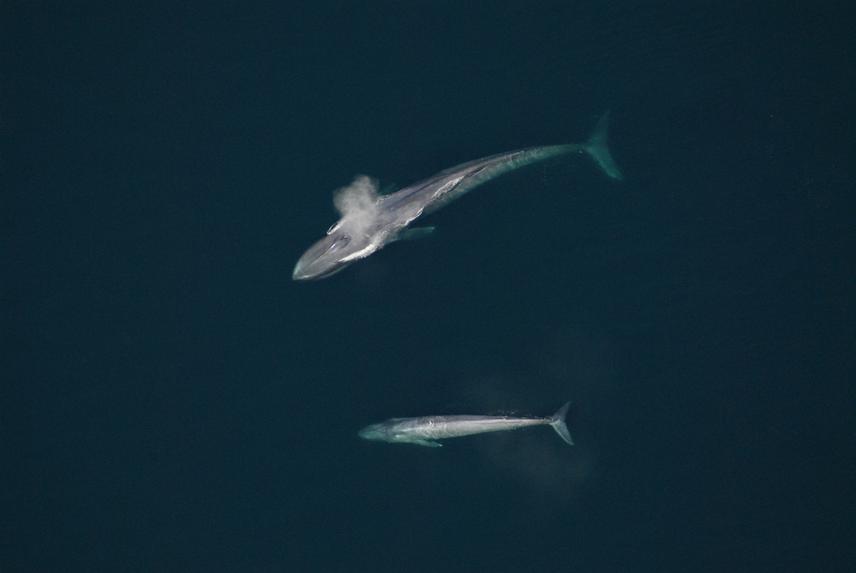Diane Gendron
Other projects
1 Feb 2013
Monitoring Blue Whale Behavior in the Gulf of California: A Key Component to Encourage Responsible Whale Watching
30 Mar 2017
Pilot Project for Monitoring Whale Watching Activities in the Loreto Bay National Park, Mexico
25 Jun 2020
Accessible Remote Monitoring of Blue Whales and the New Passive Whale Watching Activity in the Loreto Bay National Park, Mexico
This project aims to remotely monitor passive blue whale watching activities (WW) and blue whale natural diving behavior in the Loreto Bay National Park, through an IP camera system. The goal is to verify if this independent method of monitoring is as effective as monitoring at sea using the focal individual surveys applied since 2009. The project aims to obtain data to be used to regulate the amount of boats and the time that boats may remain with the whales without causing changes in the whale´s diving behavior. The medium-term aim is that videos and photos of correct whale watching activities captured by the IP camera system facilitate the increase of this type of activity in a sustainable way and for the benefit of all.

Mother and calf pair blue whales.
This study represents a continuation of an effort to unify researchers, local authorities and whale watching (WW) service providers in the Loreto Bay National Park (NPLB), with the long-term goal of preserving blue whales and this critical habitat for the reproductive cycle of the species. This Rufford grant-aided project aims to consolidate the implementation of a passive WW method that has proven to be the best way for tourists to enjoy observing blue whales in their habitat without modifying their natural behavior, thus encouraging the long-term sustainability of WW activity in this pristine habitat.
Through data collected by an IP camera system prototype tested during the 2018 season, we confirmed both the viability of the new monitoring method and its application by some of the captains, particularly when no research or NPLB boats were present. From the above, this new independent method demonstrated its effectiveness as a tool through which this effort can be consolidated to regulate and maintain WW activity. However, the recording of diving behavior data from the IP camera system needs to be assessed and compared to the data obtained from focal individual surveys at sea to insure the long-term usefulness of this independent monitoring method. Likewise, to achieve a long-term sustainability, the participation and collaboration of all those involved is necessary. The IP camera recordings will be showed during the annual passive WW workshop to better visualize the passive method at sea and strengthen the motivation of all WW captains, which in turn will continue to provide benefits for both the blue whales and those in the community that depend on them.